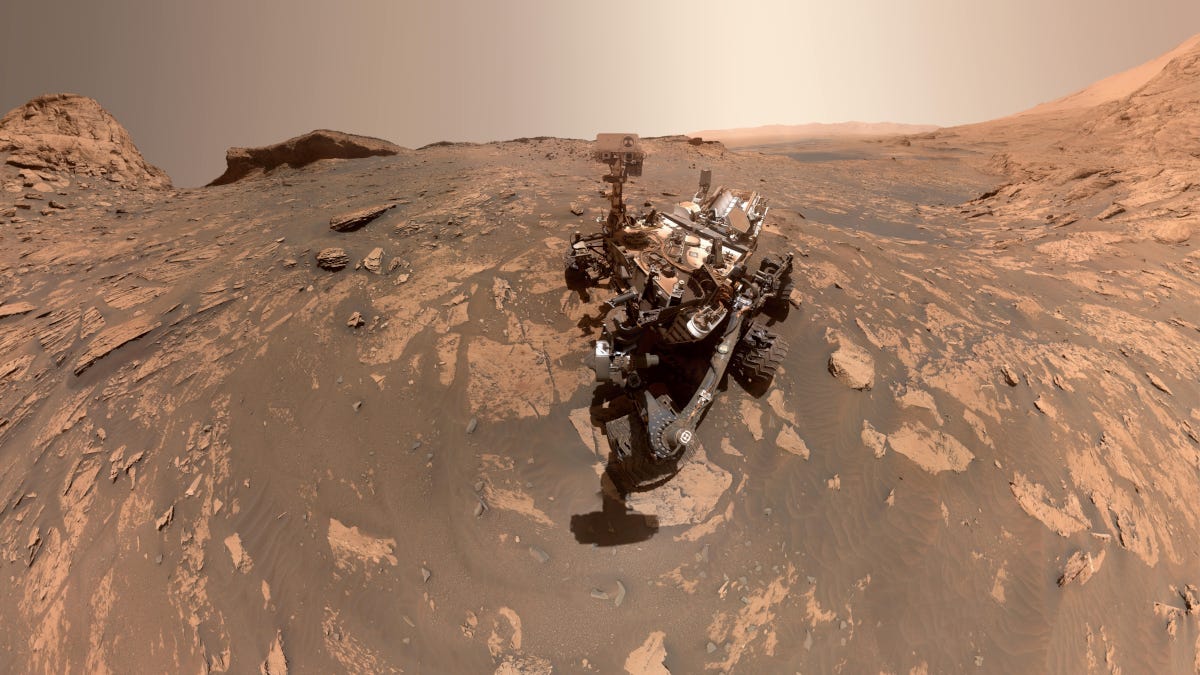Does this data hold the key to life on Mars?

NASA
For those who believe data is life, here’s a chance to use data to potentially discover life on another planet. NASA is seeking novel solutions to analyze spectrometry data from Mars samples that could help shape our understanding of whether the red planet ever supported life.
The effort follows years of growing consensus that environmental conditions to sustain life used to exist on Mars, prompting the obvious question: But did it?
Part of the answer may reside in samples analyzed on Mars by rovers, as well as terrestrial equipment. While no Mars samples have yet been brought back to earth (a sample return mission has been proposed for 2026), sensors aboard rovers have captured significant data sets. But finding ancient life isn’t exactly akin to digging up a fossil. Instead, scientists are looking for volatiles and organic compounds that may serve as indications of life. Part of that work is done by running experiments on terrestrial samples in order to validate interpretations. All told, this has resulted in a lot of data.
Read also: Flying on Mars fueled with open-source software
For help, NASA is turning once again to crowdsourced solutions. The agency has been using this strategy with interesting results, from crowdsourcing solutions to get power to the moon to converting space waste to useful material.
“This is a fascinating research question where machine learning tools can have a real impact on how we can learn more about our place in the universe,” said Greg Lipstein, Principal of DrivenData, which is helping with the challenge. “It’s a great chance to harness the collective intelligence and passion of the data community to advance the state of open science.”
The competition, called NASA: Mars Spectrometry, Detect Evidence for Past Life, is being administered in collaboration by DrivenData, which runs online machine learning challenges, and HeroX, a crowdsourcing platform for big ideas. Offering a $30,000 prize purse, the goal of the competition is to find ways to automatically help analyze and interpret mass spectrometry data related to Mars exploration for potential signs of past life.
Specifically, participants will need to come up with methods of automatically analyzing evolved gas analysis (EGA) data of Mars analog samples looking for certain families of chemical compounds of scientific interest.
“It’s exciting to think there might be clues of past life on Mars,” said Kal K. Sahota, CEO, HeroX. “These challenges are so inspiring as we search for evidence of extraterrestrial life.”
If you think you have the data chops, check out the challenge here.




